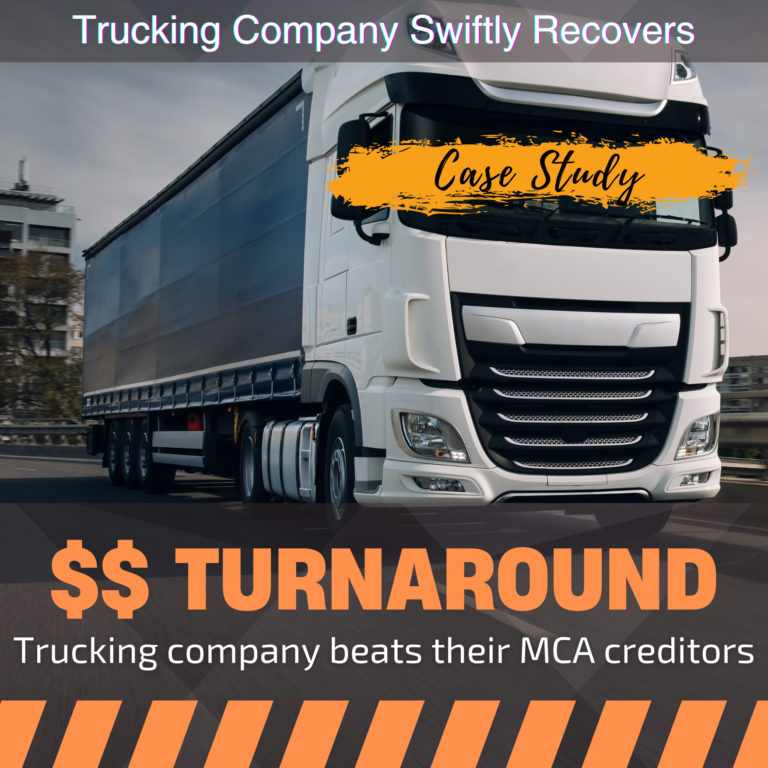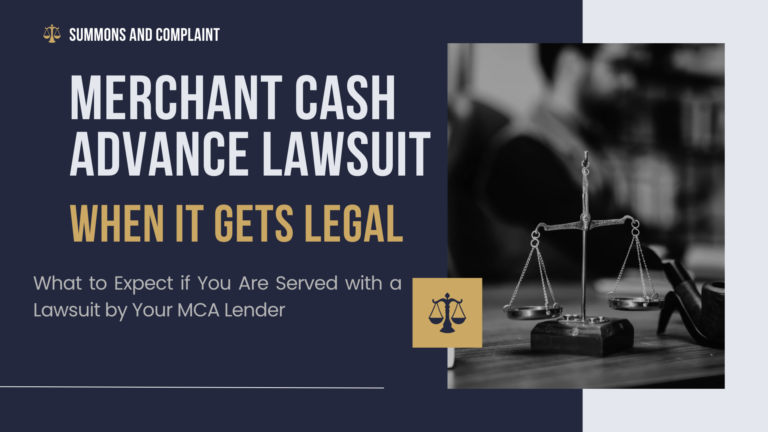Running a business is no easy feat, especially if you’ve taken out several loans to help finance it. But while juggling different due dates, interest rates, and balances may seem overwhelming at first glance, there’s always an option for debt consolidation – which can simplify the repayment process while saving money in terms of lower interest payments. Before proceeding into uncharted territory, one should acknowledge the potential drawbacks of any significant decision.
What is business debt consolidation?

In short, business loan consolidation is the process of consolidating multiple debts into one – and can include credit cards, bank lines of credit, vendor debt, MCA debt, and other loans. The essential advantage is that these liabilities are combined under a single entity, allowing for easier management and lower overall interest payments. Additionally, consolidation may provide stability regarding fixed payment amounts and repayment periods.
What are the benefits of debt consolidation?
The main benefit of business loan consolidation is that it simplifies your repayment process. Instead of dealing with multiple due dates, interest rates, and balances, you have one point of contact to manage all payments – making budgeting easier. Additionally, consolidating debts often results in lower overall interest payments than loans.
How business debt consolidation works
To qualify for business debt consolidation loans, borrowers must have sufficient creditworthiness and cash flow capacity to make regular payments on time each month. Depending on individual circumstances and the complexity of financing needs, lenders generally require a credit score of at least 680 but may request an even higher score. Lenders often require borrowers to provide financial records to conduct a thorough risk assessment.
Records can include:
- tax returns
- profit & loss statements
- balance sheets
- bank statements
- cash flow projections
Consolidating vs. refinancing business debt
Business debt consolidation and refinancing are two different methods of managing existing debt. While both options can help reduce monthly payments and make it easier to manage the debt burden, several key differences between them set them apart.
To consolidate business debt, lenders generally require a credit score of at least 680. They may combine separate loans or credit lines into one single loan, often with a lower overall interest rate. Refinancing, on the other hand, entails taking out an entirely new loan to replace the existing debt – which could result in lower monthly payments but could also come with hidden costs such as origination fees or prepayment penalties. Furthermore, when refinancing business debt, lenders may consider the business’s current state, making it more difficult to qualify than with a consolidation loan.
Before making a final decision, one must carefully weigh the pros and cons of debt consolidation and refinancing.
Debt consolidation is an excellent option for businesses looking to simplify their repayment process while saving money on interest payments. However, it’s essential to thoroughly research all available options before making any commitments and assess the potential drawbacks of consolidating or refinancing debt.
Similar Posts










